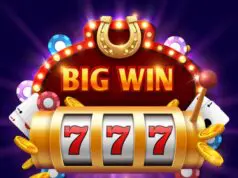
Few things fascinate the human psyche like the allure of luck, an unpredictable force that bestows success or failure at a whim. People all over the globe engage in the age-old practice of gambling, which teeters precariously on the pivot of this luck. Every roll of the dice, every turn of a card, and every spin of a wheel conjure a mystery that sends a shiver of anticipation coursing through the veins of gamblers. It’s no wonder that gambling is a fertile ground for superstitions, the ethereal tendrils reaching into the heart of various cultural beliefs and practices.
The aim of this blog post is to delve deep into the captivating world of gambling superstitions, exploring their ancient origins, cultural variances, psychological dimensions, and their evolution in the digital era. We’ll also critically examine these beliefs, offering a fascinating journey that transcends the boundaries of logic, venturing into the realm of the mystical, where superstition reigns supreme.
The Historical Origins of Gambling Superstitions
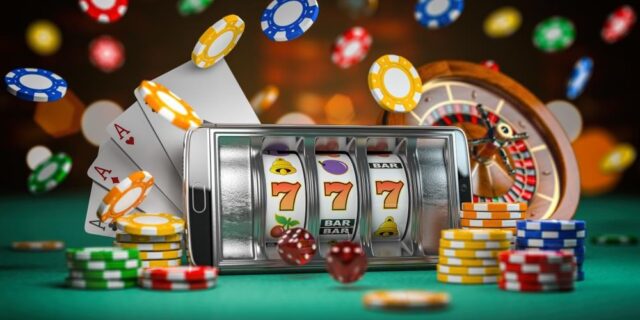
The art of gambling, like superstitions, is as old as civilization itself. Ancient cultures worldwide used various forms of gambling, not just as entertainment but also for religious and social purposes. They believed supernatural forces and deities controlled the outcomes, imbuing every roll of dice and flip of a coin with a spiritual essence. Consequently, a myriad of superstitions blossomed around these practices.
For instance, the ancient Greeks and Romans were avid gamblers and staunch believers in the whims of Fortuna, the goddess of luck and fortune. It was common practice to invoke her favor before embarking on any gambling venture. Chinese culture, rich in myths and symbolism, also cultivated a complex tapestry of gambling superstitions, many of which have endured to this day. The Chinese New Year, a time of festivity and high stakes gambling, is entwined with numerous beliefs and practices aimed at coaxing fortune into favoring the gambler.
Cultural Variances in Gambling Superstitions
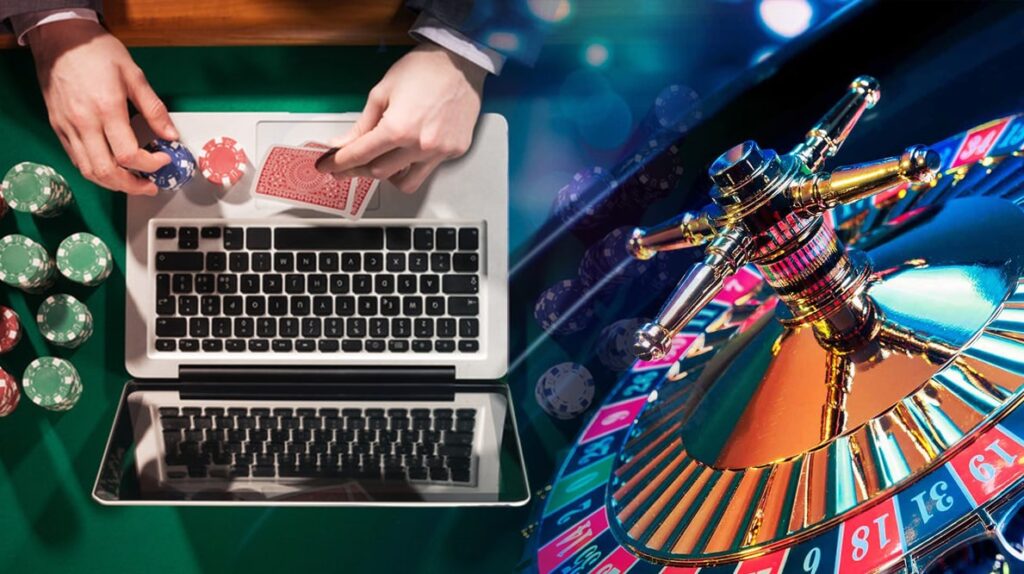
As with any other cultural practice, gambling superstitions vary across the globe. For instance, Western cultures tend to view the number 13 as unlucky. In a casino in Las Vegas or Monte Carlo, you’ll often find the 13th floor or room number missing, a concession to this superstition. Contrastingly, in China, the number 4 is considered unlucky due to its phonetic similarity to the word for death. Chinese casinos often exclude this number to avoid bad luck.
There are also culturally specific lucky charms associated with gambling. In the West, rabbit’s foot, four-leaf clovers, and horseshoes are popular amulets, while in Asian cultures, objects like the beckoning cat (Maneki-neko) or the color red are believed to bring good luck. But when you visit even one online casino Malaysia, you won’t find any of this.
The Role of Symbols and Objects in Gambling Superstitions
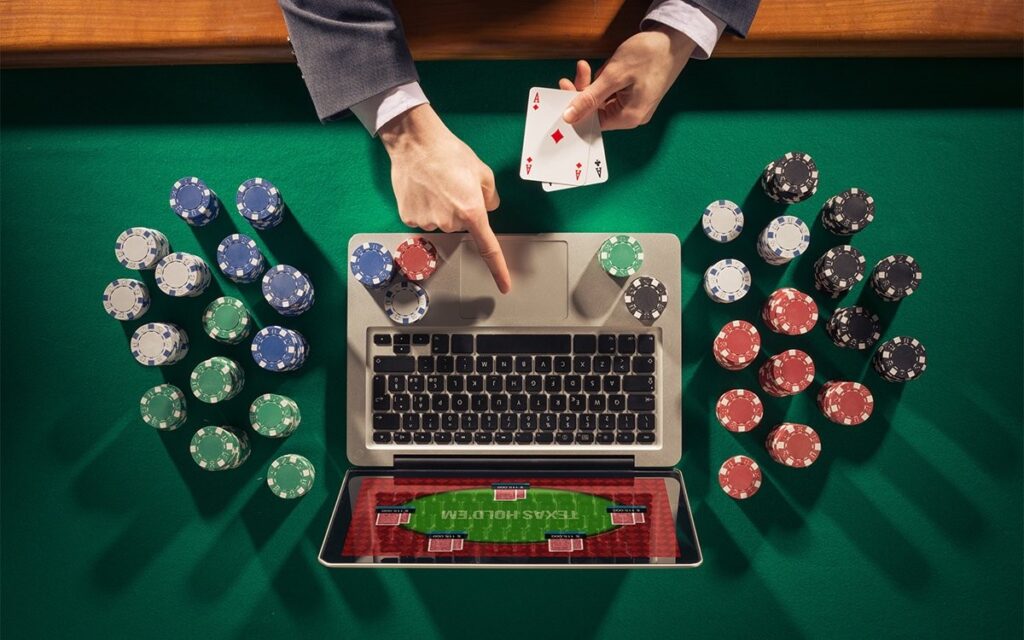
Symbols and objects play a pivotal role in the realm of gambling superstitions. They serve as tangible embodiments of abstract concepts like luck and fortune, enabling gamblers to exert perceived control over the capricious whims of chance. Their significance, however, is not universal but steeped in cultural contexts.
Take, for instance, the color red. In Chinese culture, red symbolizes luck, prosperity, and joy, so gamblers often wear red clothing or accessories. Similarly, the rabbit’s foot charm, common in Western cultures, traces its origins back to ancient Celtic tribes who considered it a symbol of fertility and prosperity.
Numerology and Gambling Superstitions
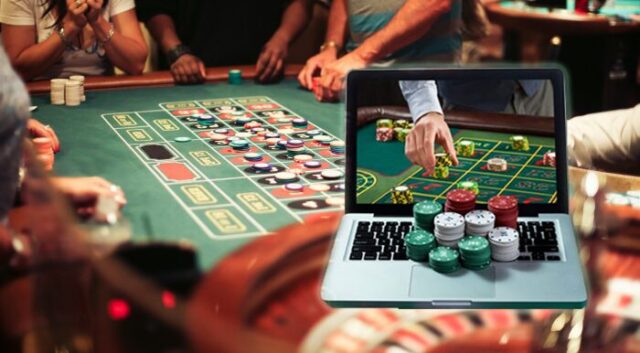
Numerology, the mystical study of numbers, heavily influences gambling superstitions. Gamblers worldwide place considerable faith in “lucky” and “unlucky” numbers. In Western cultures, the number 7 is often associated with luck and is highly favored in games like roulette and slots. In contrast, the Chinese regard the number 8 as extremely lucky because it sounds like the word for wealth or prosperity.
There’s also a tendency to avoid certain numbers. As mentioned earlier, the number 13 is often viewed as unlucky in the West, while the Chinese avoid the number 4.
Rituals and Practices Surrounding Gambling Superstitions
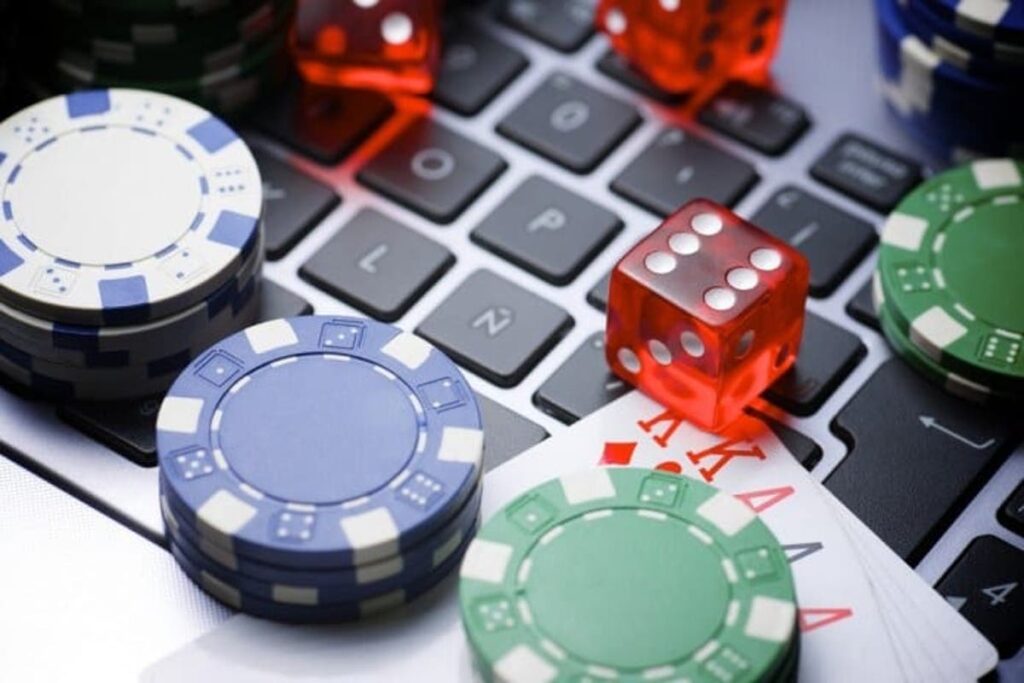
Many gamblers engage in specific rituals or practices believed to enhance their luck. Some might wear a lucky shirt, others might carry a special charm, while some may engage in certain behaviors, like crossing fingers or knocking on wood.
In poker, a common superstition involves the manner of handling cards. Some players insist on never looking at their hole cards until it’s their turn to act, believing this increases their chances of receiving a good hand.
These rituals vary wildly across cultures and are often steeped in local traditions and beliefs. They offer a fascinating glimpse into the human desire to influence the unpredictable nature of gambling.
Influence of Superstitions on Gambling Behavior

Superstitions exert a powerful influence on gamblers’ behavior. They can shape betting strategies, decision-making processes, and even the overall perception of the gambling experience. Gamblers who subscribe to superstitions may alter their behavior based on their beliefs, even if it’s irrational from an objective standpoint.
For instance, a player might avoid betting on the number 13 in roulette due to the prevailing superstition, even though statistically, all numbers have an equal chance of appearing. These beliefs, despite their irrational nature, can contribute to the enjoyment and thrill of the gambling experience.
Contemporary Superstitions in the Digital Age
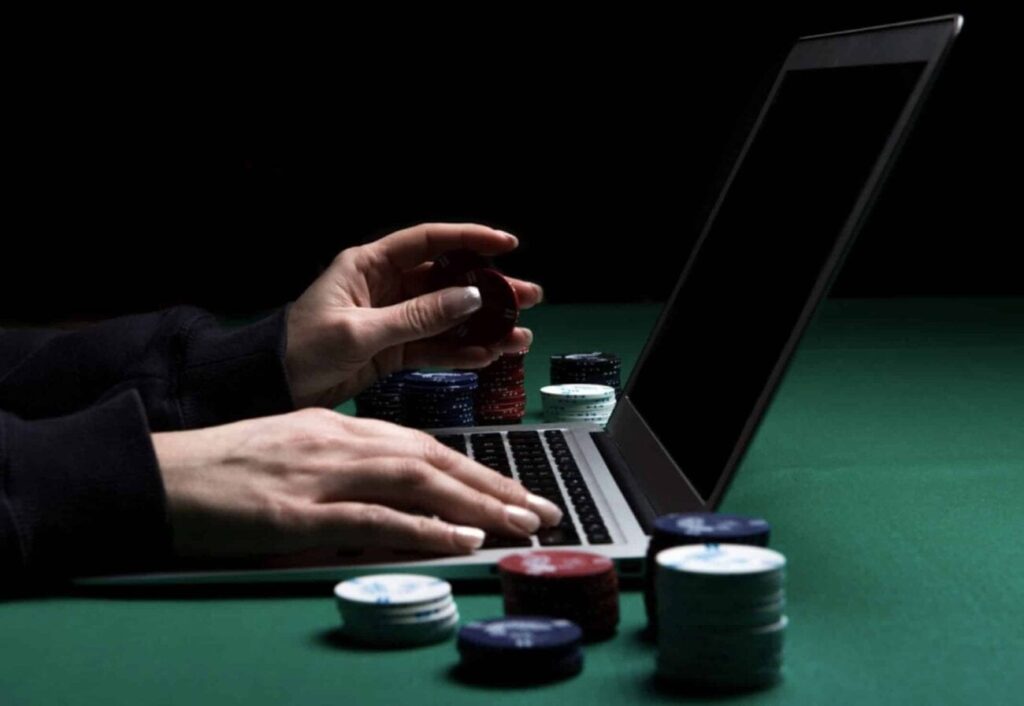
As we journey into the digital age, gambling superstitions are evolving. With online gambling soaring in popularity, new superstitions are emerging. For instance, some online poker players believe that changing their avatar can swing luck in their favor. Others might have superstitions around the time of day they log in to gamble or the device they use to play.
While the medium has changed, the essence remains the same. These modern superstitions underscore the enduring human tendency to seek patterns and control in the inherently unpredictable realm of chance.
The Psychology of Gambling Superstitions
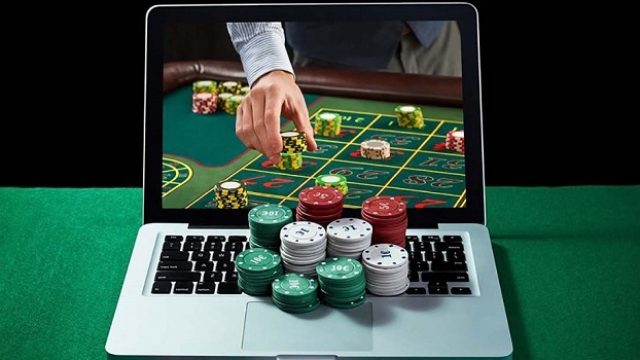
Psychologically, superstitions are an attempt to control the uncontrollable, to make sense of the randomness inherent in gambling. They are strongly influenced by cognitive biases such as the gambler’s fallacy, which is the belief that if something happens more frequently than normal during a period, it’s less likely to happen in the future, and vice versa.
Research studies have shown that high levels of anxiety and a strong need for control can increase superstitious beliefs among gamblers. Despite their irrational nature, these beliefs offer a sense of comfort and predictability in an unpredictable world.
Debunking Gambling Superstitions
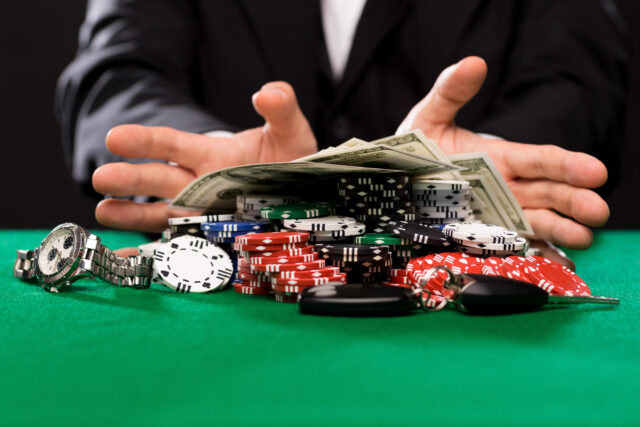
While it’s fascinating to explore the world of gambling superstitions, it’s also crucial to present a critical perspective. Scientifically, there’s no evidence to support these beliefs. Gambling outcomes are determined by random chance, and no lucky charm or ritual can influence it.
A solid understanding of probability and statistics is key to navigating the gambling world rationally. For instance, in roulette, each spin of the wheel is an independent event. The ball hasan equal chance of landing on any number regardless of past outcomes. Understanding such statistical facts can help gamblers avoid the pitfalls of superstitious beliefs.


